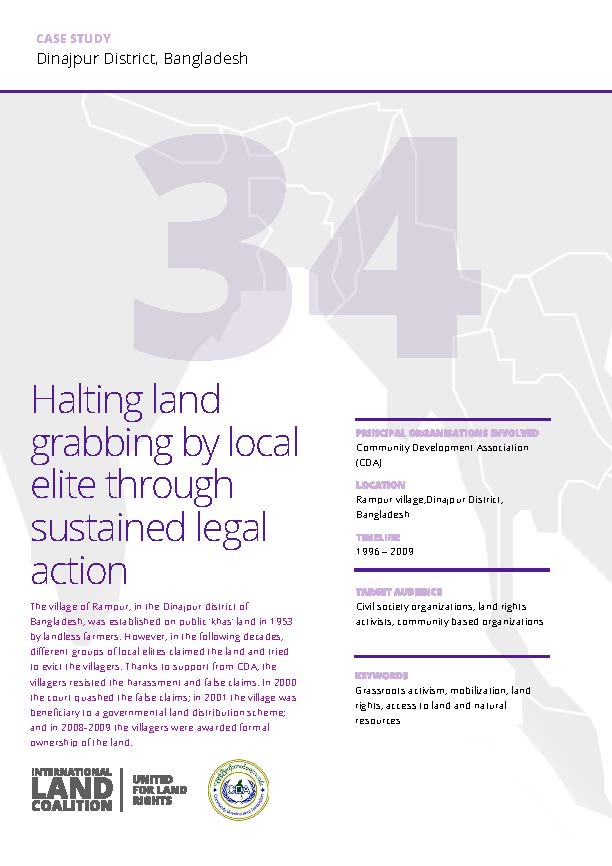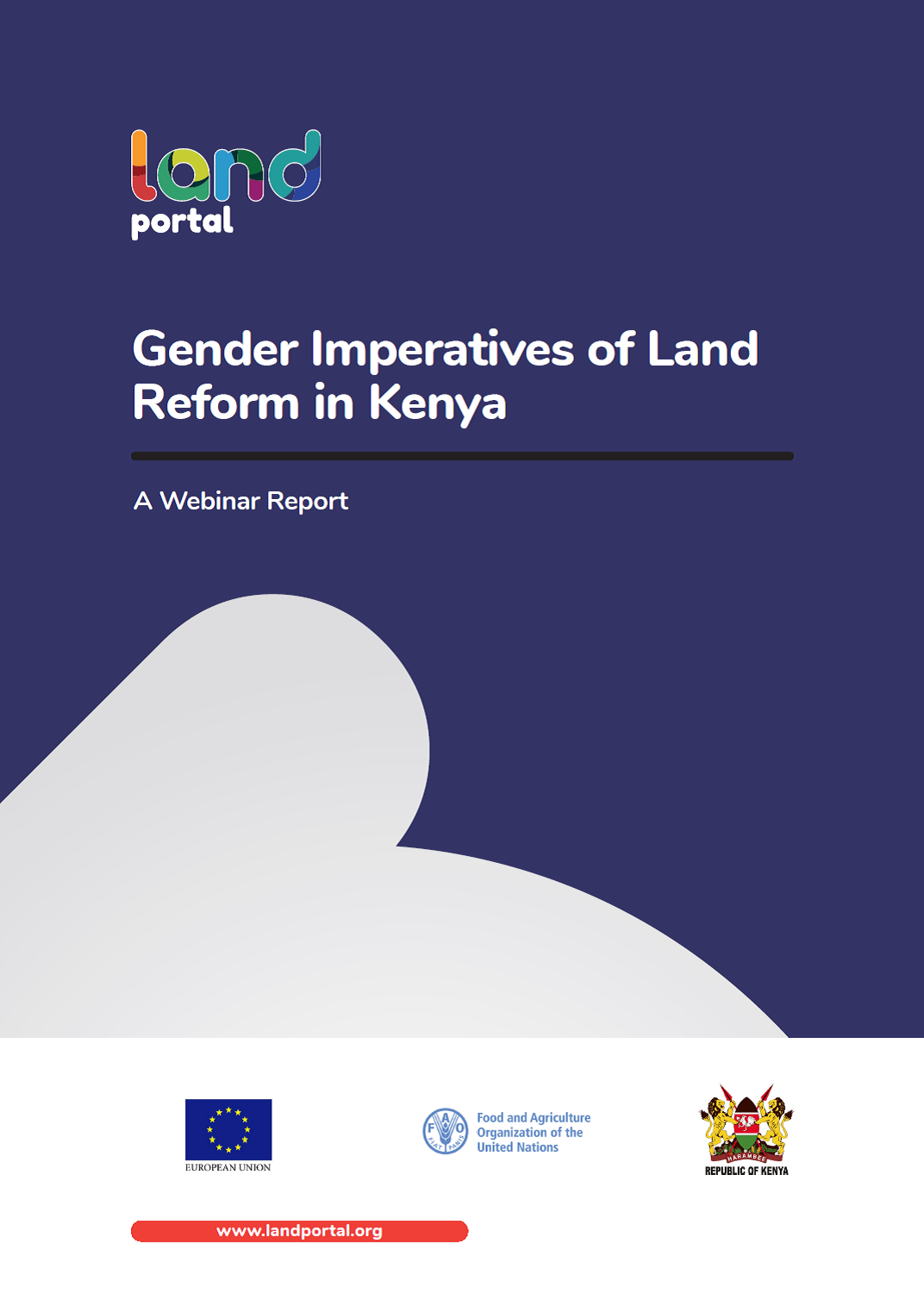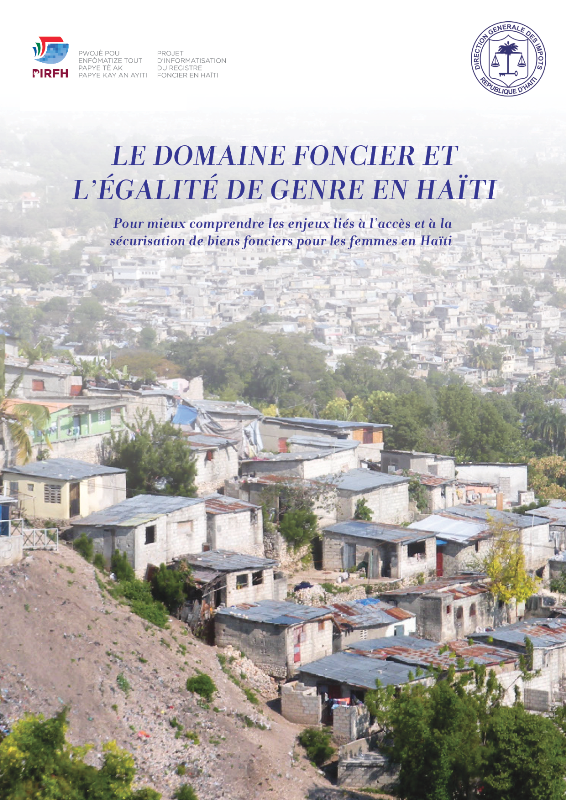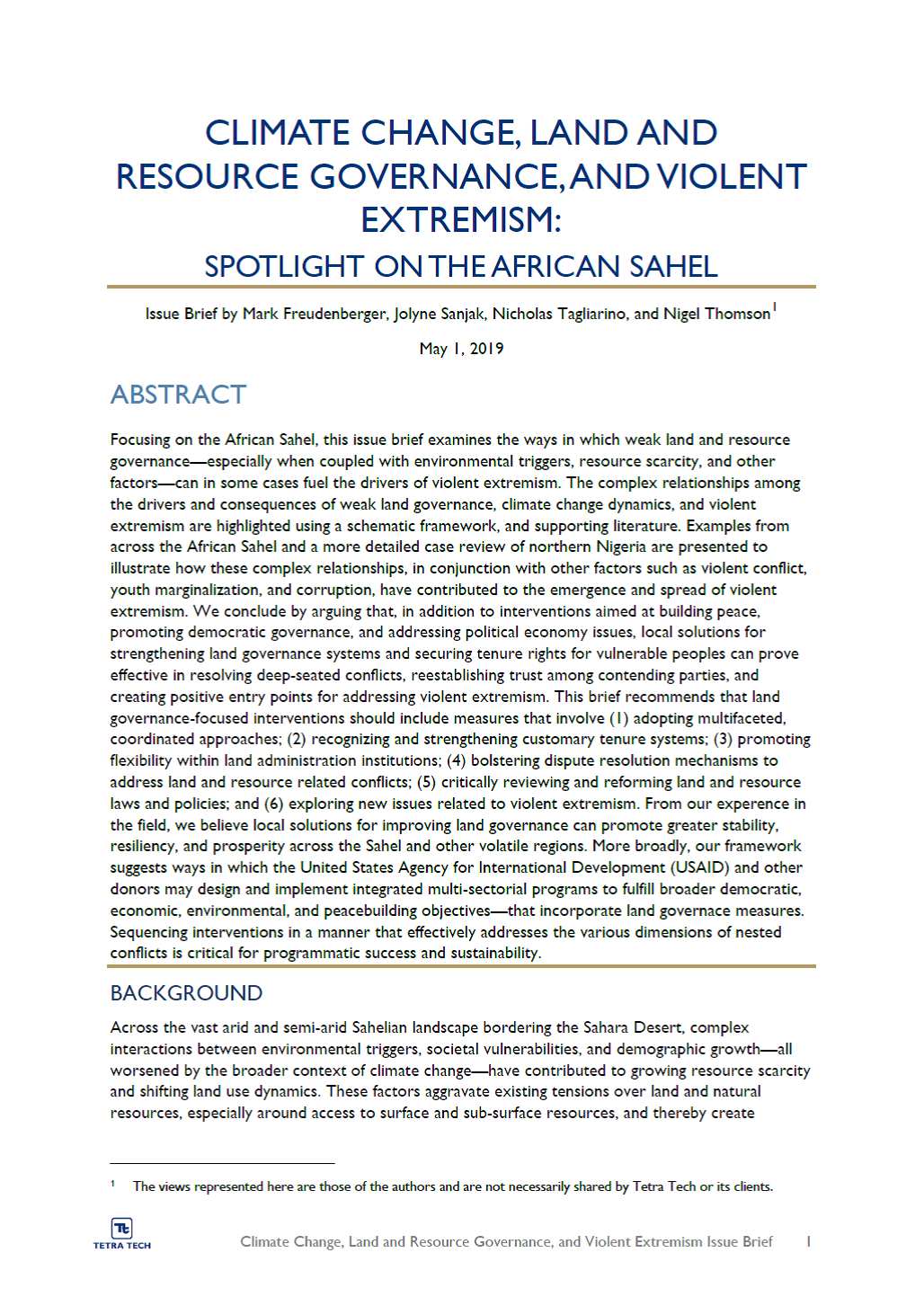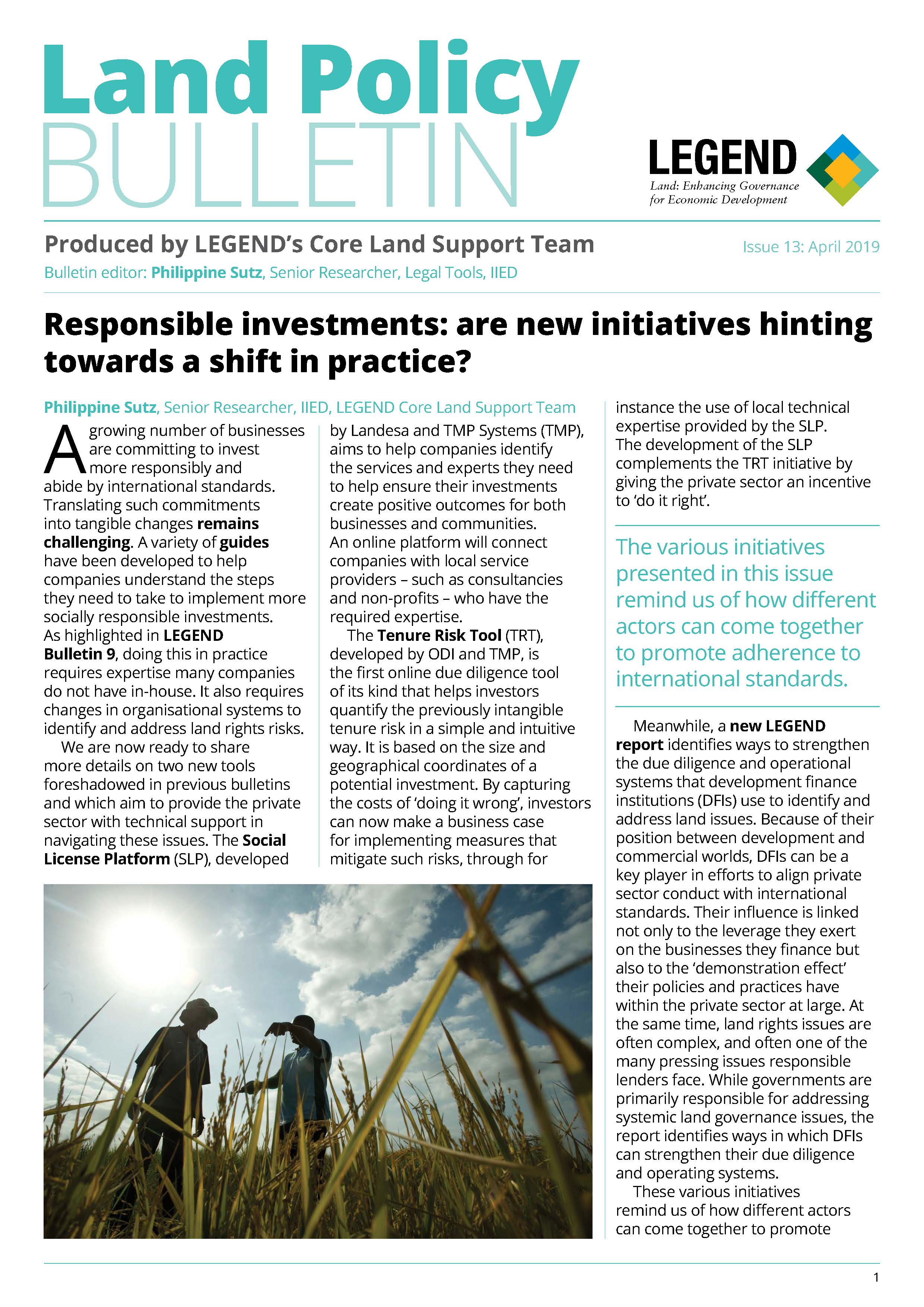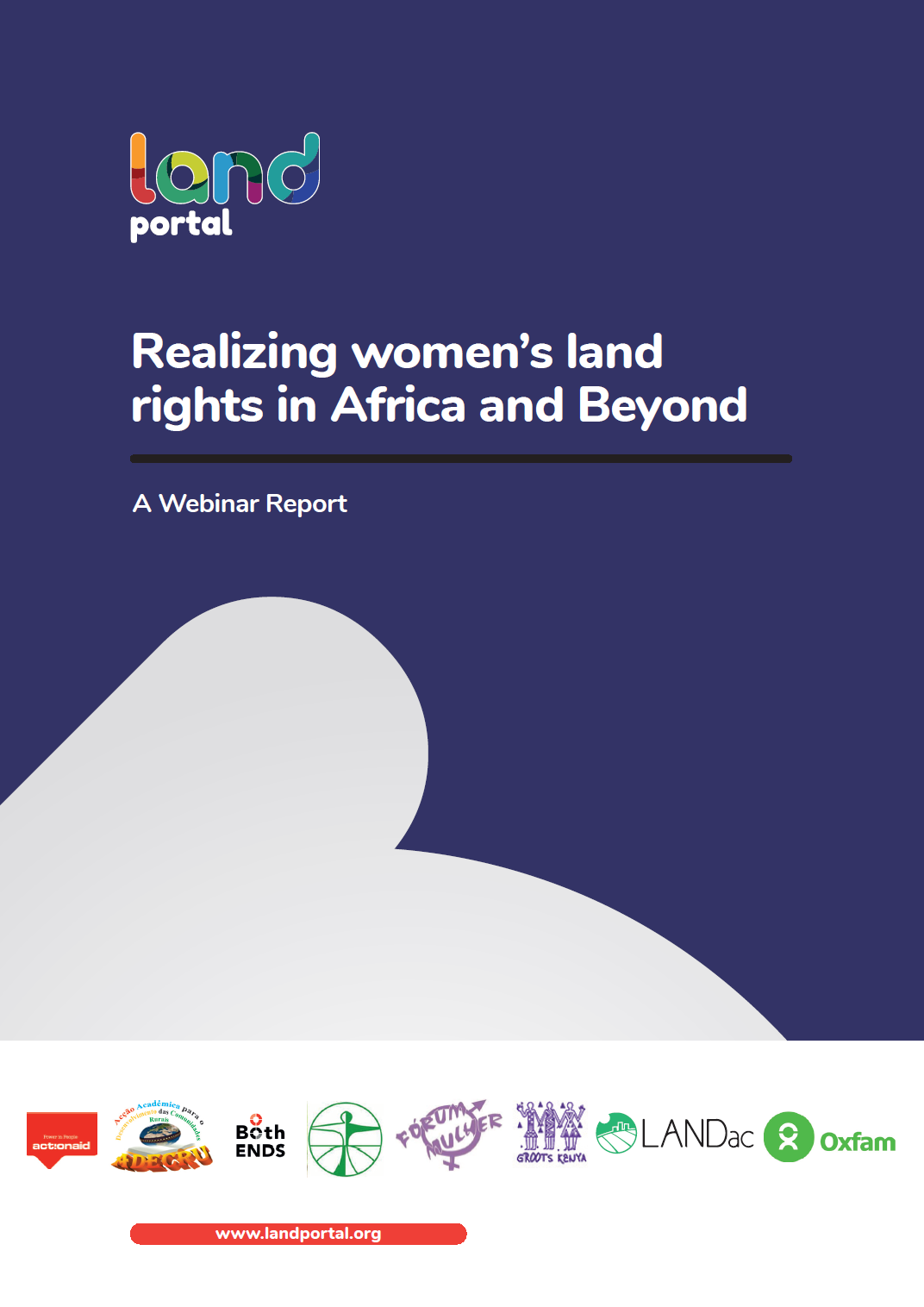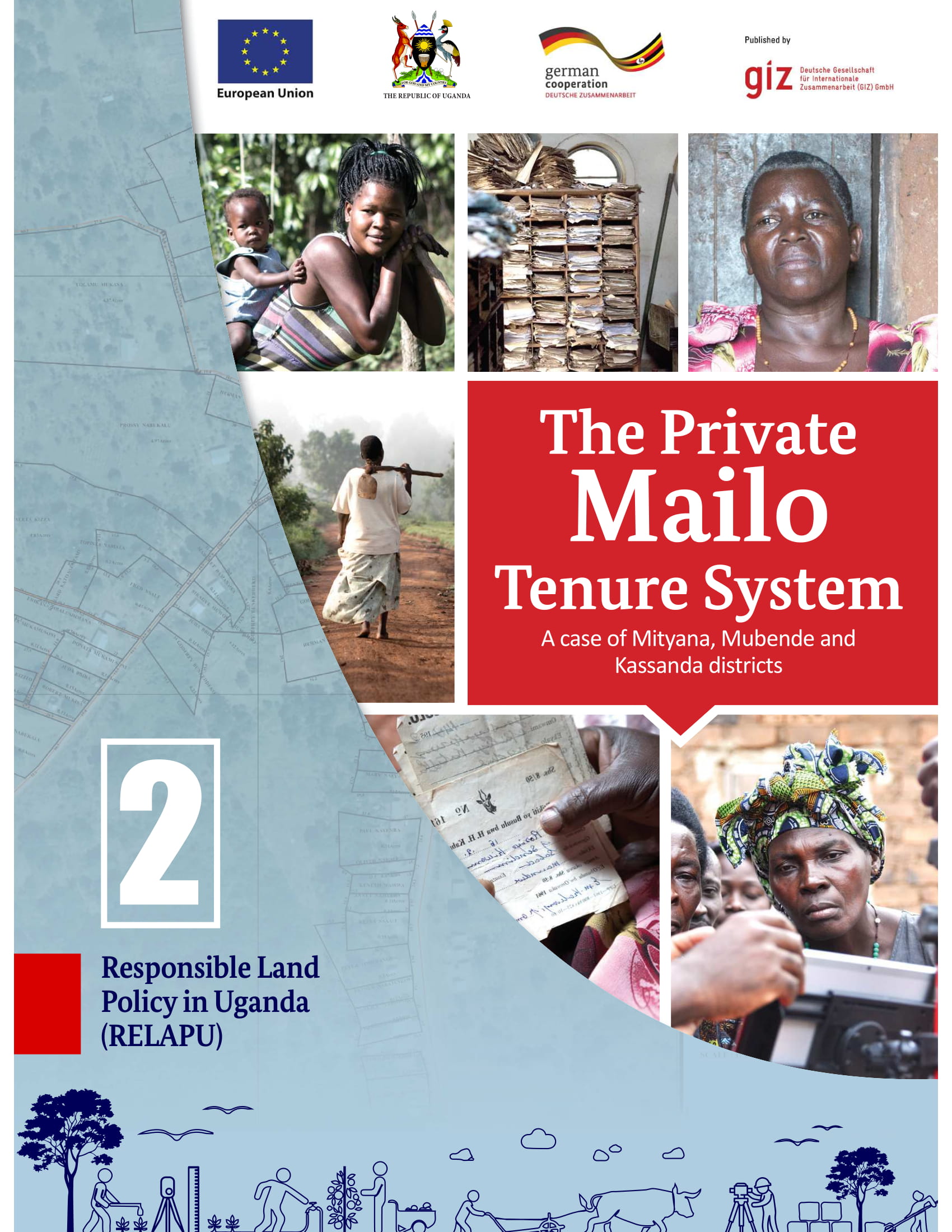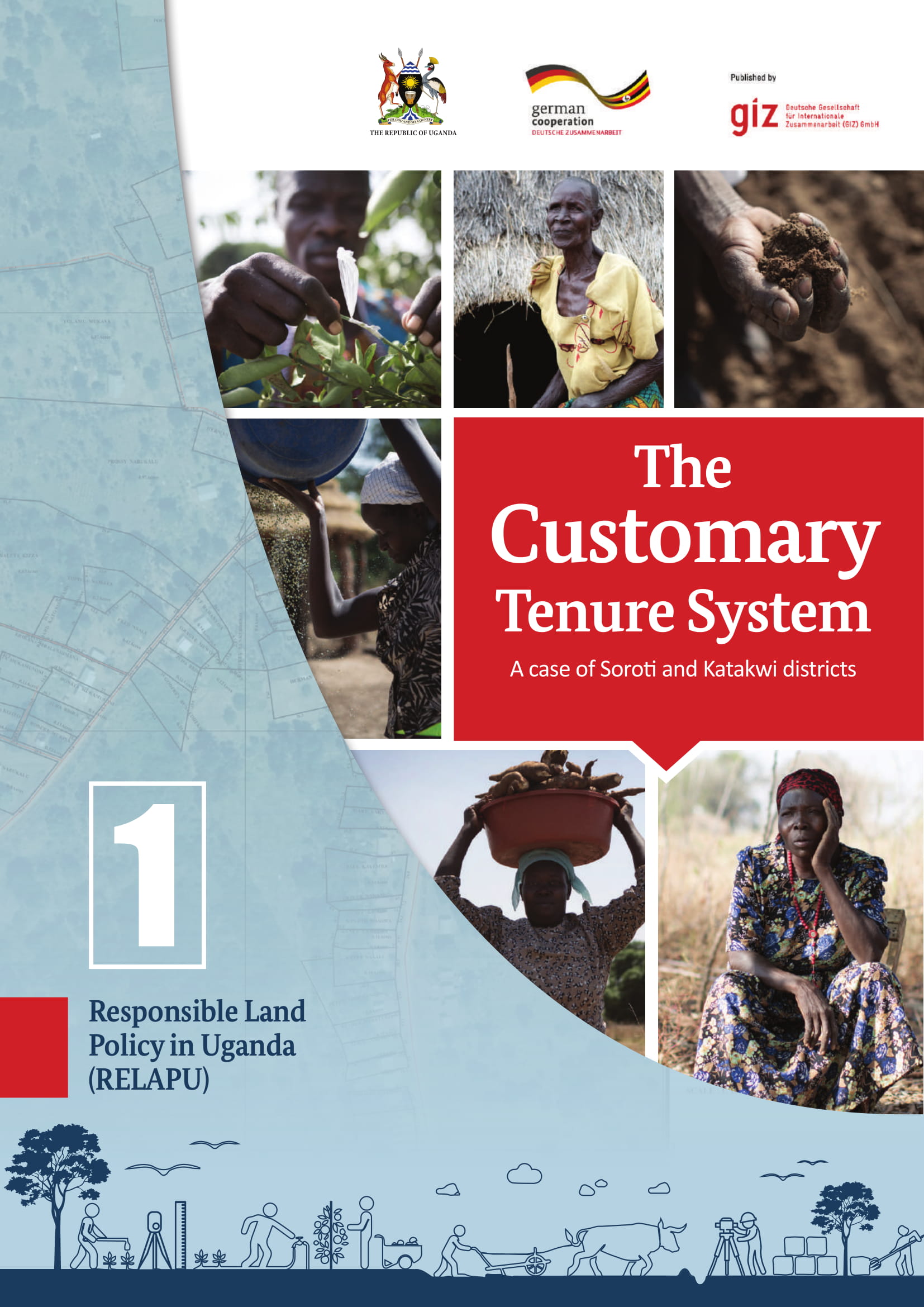Case study of dinajpur district
Twenty years of
legal struggle to
obtain ownership
of public ‘khas’
land In 1994, the landless villagers of Rajarampur in Dinajpur
district, Bangladesh, applied for access to public ‘khas’
land (government owned land available for allocation
according to government priorities) that had been lying
fallow for years. In 1995 they occupied 115 acres of this
fallow land. The occupation was contested by local elites,


